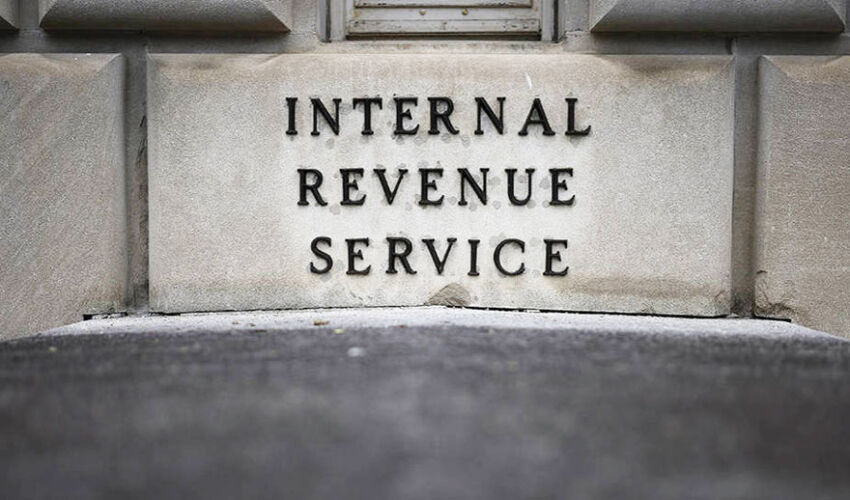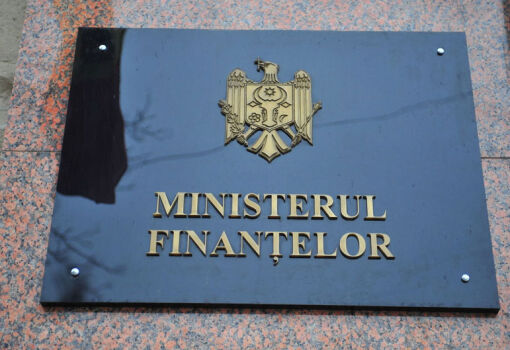
It all seems to be part of a broader strategy to destroy 250 years of institutional constraints. The Trump administration is violating international treaties, ignoring conflicts of interest, dismantling checks and balances, and refusing to allocate funds approved by Congress. The administration is not engaging in political debate; it is simply flouting the rule of law.
But one tax Trump does like: duties on imports. He seems to believe that foreigners are footing the bill, providing money that allows tax cuts for billionaires. And he seems to believe that duties will help eliminate the trade deficit and bring industry back to the US. Never mind that the duties are paid by importers, raising domestic prices, and they come at the worst possible time – America is just beginning to recover from a spike in inflation.
Here’s some basic macroeconomics: the multilateral trade deficit corresponds to the difference between domestic savings and domestic investment. By cutting taxes on billionaires, Trump will only increase that difference because the budget deficit reduces domestic national savings. That’s why – how ironic – measures like tax cuts for billionaires and corporations increase the trade deficit.
Since the days of Ronald Reagan, conservatives have argued that tax cuts pay for themselves by increasing the growth rate of the economy. But that didn’t happen under Reagan, and it hasn’t happened during Trump’s first term. Empirical studies confirm: tax cuts for the rich have no discernible effect on economic growth or unemployment, but they do increase income inequality instantly and permanently. The proposed extension of the 2017 Tax Cuts and Jobs Act (the largest corporate tax cut in U.S. history) will increase America’s national debt by $37 trillion over the next 30 years, but will not produce the promised economic recovery.
Trump is also increasing the trade deficit on a microeconomic level. The fact is that America has become a service economy. Its main exports are, among other things, tourism, education and health care services. But Trump is systematically hurting them. What tourist, student or patient would want to come to the US knowing that they could be arbitrarily detained at the border and held in detention for weeks? Weakening America’s leading universities, arbitrarily revoking student visas, canceling research funding – all of this is having an extremely negative impact on critical sectors of the economy.
Trump’s strategically misguided approaches are hitting the country with a boomerang. China is already retaliating, and it is one of America’s largest trading partners and critically dependent on Chinese imports. Fears of the onset of stagflation – rising inflation combined with a stagnant economy – have crashed stock and bond markets. And all of this is just the beginning.
Thanks to Ilon Musk and his Department of Government Efficiency (DOGE), tax revenues could drop more than 10% this year due to weakened government controls. Reducing the U.S. Internal Revenue Service (IRS) by about 50,000 people will result in a $2.4 trillion revenue shortfall over the next ten years (by comparison, the provisions of the Inflation Reduction Act, which were designed to strengthen the IRS, were projected to increase government revenue by $637 billion). We have a clear program in front of us: not just lower tax rates on the rich, but loosen controls on their payment.
In a world in which capital and the rich can freely cross borders, international cooperation is the only way for states to guarantee fair taxation of multinational companies and the super-rich. Under these circumstances, actions such as stopping the collection of beneficial ownership data, tolerating anonymous cryptocurrency markets, withdrawing from the process of preparing a new UN tax convention and a global minimum tax indicate a conscious effort: to dismantle the multilateral system to combat tax evasion and money laundering. By putting enforcement of the Foreign Corrupt Practices Act on “pause,” the U.S. has signaled that even bribery and embezzlement do not bother them.
We see an obvious attempt by Trump, Musk and their billionaire friends to build capitalism modeled on the lawless zones of the offshore world. This is not just a tax revolt, it is a full-scale attack on any laws that threaten the extreme accumulation of wealth and power.
This is especially evident in their support for cryptocurrencies. The explosive growth of unregulated crypto exchanges, online casinos, and betting platforms is fueling the growth of the global illegal economy. Under Trump, the Treasury Department has lifted sanctions and regulation for platforms that hide transactions. Trump even signed an executive order creating a “strategic cryptocurrency reserve” and held the first crypto summit at the White House. The U.S. Senate is not lagging behind: it did not approve regulations that would require cryptocurrency platforms to identify users and report them to authorities.
The point of cryptocurrencies is one thing: secrecy. We have wonderful currencies – the dollar, the yen, the euro, and so on. And we have efficient trading platforms for buying goods and services. The demand for cryptocurrencies is driven by the desire to hide money. People engaged in dishonest activities, including money laundering and tax evasion, do not want their deeds to be easily traceable.
The rest of the world cannot just stand by and watch. We know that global cooperation works. An example of this was the global minimum tax on multinational companies’ profits (15%) that more than 50 countries are now introducing. Last year, under the leadership of Brazil, a consensus emerged at the G20 that the super-rich should pay a fair share.
Fighting extreme inequality through international cooperation and inclusive organizations is a real alternative to the rise of authoritarianism. America’s self-isolation offers a chance to rebuild globalization on a truly multilateral basis – a “G-minus one” group of countries for the 21st century.
Joseph Stiglitz,
former chief economist of the World Bank and chairman of the Council of Economic Advisers
former chief economist of the World Bank and chairman of the U.S. President’s Council of Economic Advisers, now a professor at Columbia University and winner of the Nobel Prize in economics.
© Project Syndicate, 2025.
www.project-syndicate.org

